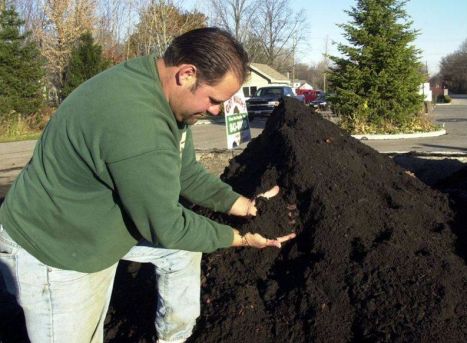
Most of us love pretty flowers and lush green grass but we find decayed compost pretty disgusting and unappealing. However, gardeners seem to love that yucky stuff and most even highly recommend it. If you don’t know why they do so and what makes decayed compost so good for the soil, reads on.
It’s a natural fertilizer
Compost is an all natural fertilizer. Even though we have planet of chemical fertilizers in the market, compost remains the best option simply because compost contains organisms like fungus and microbes as well as all natural nutrients that the soil itself is made of. Evolutionarily, plants are hardwired to accept natural fertilizers like compost and it boosts plant growth as well.
It is nutritious for the soil
All organic material on earth is essentially self sustaining. Hence, the same soil that provides the nutrition to the plants receives nutrition from the decaying leaves and fruit of the plants and trees that grow in it.
It replenishes the soil
Decay is essentially caused when something organic and living, like food, leaves, tree bark etc. ceases to be alive and as it is decomposing into the basic elements that it was made of. Unbearable stench aside, decayed compost is actually full of nutrition for the soil. Since soil only has a finite supply of nutrients, if it isn’t replenished, it would fail to provide adequate nutrition for plants that grow in it. However, when compost is added, it basically recharges the soil with the nutrients it needs to continue to provide nutrition to plants.
It acts as a moisture and sun barrier
Adding a layer of compost onto the soil allows it to retain moisture better while preventing the sun from drying out of the top layer. This is vital for the growth of plants as their roots need to stay moist to sustain growth and health.